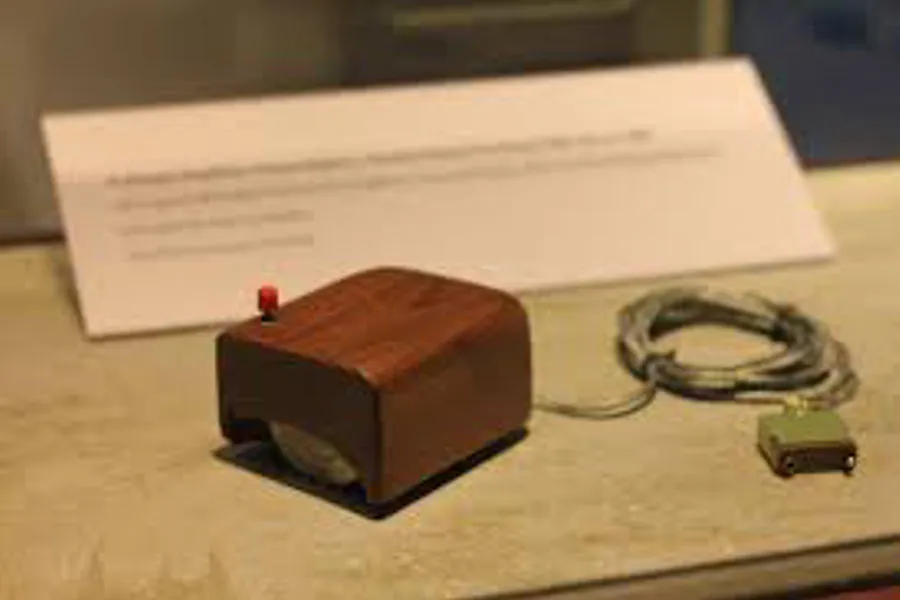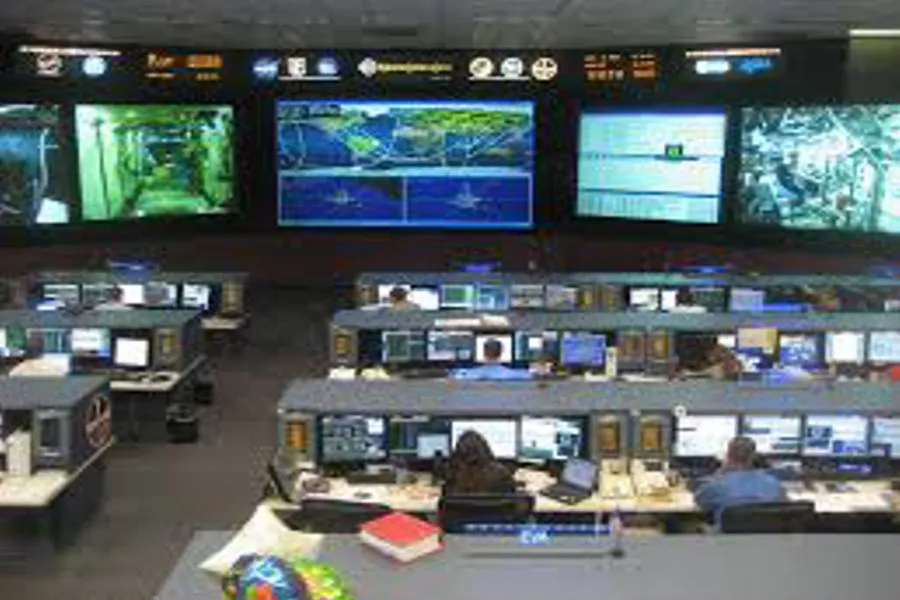
Computers have revolutionized our lives in ways we could never have imagined. From room-sized machines of the past to the ultra-fast gadgets in our pockets today, their journey is truly incredible. Whether you’re a tech lover or simply curious, you’re in for a treat. In this article, we’ll uncover 10 mind-blowing facts about computers that will surprise, impress, and maybe even change the way you see technology forever.
What is a Computer Fact?
A computer fact refers to a piece of information or an interesting insight about computers, their history, technology, or capabilities. These facts highlight the incredible advancements in computing and how these machines have shaped our world.
1. The First Computer Was the Size of a Room

The Electronic Numerical Integrator and Computer (ENIAC), developed in 1945, was the world’s first general-purpose computer.
It weighed over 27 tons and occupied 1,800 square feet, roughly the size of a small house.
Despite its massive size, ENIAC was thousands of times slower than today’s smartphones.
It consumed 150 kilowatts of electricity, enough to power several homes!
2. The First Computer Bug Was a Real Insect
The term “computer bug” originated in 1947 when Grace Hopper, a pioneering computer scientist, found a moth trapped in the circuits of the Harvard Mark II computer.
The insect caused a malfunction, leading her to coin the term “debugging,” which is still used today for fixing software issues.
3. The First Computer Mouse Was Made of Wood

Invented by Douglas Engelbart in 1964, the first mouse was made of wood with a single button.
It looked very different from the sleek, ergonomic mice we use today.
The mouse revolutionized computing by allowing users to interact with graphical interfaces.
4. 90% of the World’s Currency Exists Digitally
Only 10% of the world’s currency is in physical cash.
The remaining 90% exists in digital form and is stored on computers.
This highlights how computers play a crucial role in global financial systems.
5. The First Computer Virus Was Harmless
The first computer virus, Creeper, was created in 1971.
It displayed a message: “I’m the Creeper, catch me if you can!”
Unlike modern malware, Creeper did not cause harm but was an experiment in self-replicating software.
Today, there are millions of viruses that can steal data, destroy files, and even shut down entire networks.
6. Supercomputers Perform Quadrillions of Calculations Per Second
The world’s fastest supercomputer, Fugaku, can perform 442 quadrillion calculations per second.
Supercomputers are used for:
Weather forecasting
Scientific simulations
Artificial intelligence research
Medical advancements
7. The Father of Computers: Charles Babbage
Charles Babbage, a British mathematician, designed the first mechanical computer, known as the Analytical Engine, in the 1830s.
Though never completed in his lifetime, his designs laid the foundation for modern computers.
8. Quantum Computers Are the Future
Unlike classical computers that use binary bits (0s and 1s), quantum computers use qubits, which can exist in multiple states simultaneously.
This makes quantum computers millions of times faster than traditional ones for certain tasks.
Google’s quantum computer performed a calculation in 200 seconds that would take the world’s most powerful supercomputer 10,000 years.
9. Your Smartphone is More Powerful Than NASA’s Computers From 1969

The Apollo 11 mission that landed humans on the moon used computers less powerful than today’s smartphones.
A basic smartphone today can process data millions of times faster than NASA’s computers from the 1960s.
10. The Internet is the Largest Computer Network
The Internet is a global system of interconnected computers, enabling instant communication, data sharing, and access to knowledge.
The number of internet users worldwide surpassed 5 billion in 2023.
Every minute, more than 500 hours of video are uploaded to YouTube, demonstrating the massive scale of online data.
Additional Interesting Facts About Computers
What is the Full Form of Computer?
The term COMPUTER doesn’t have an official full form, but many people use this backronym:
Commonly
Operated
Machine
Particularly
Used for
Technological and
Educational
Research
Who Invented the First Laptop?
The first true laptop was the Osborne 1, released in 1981.
It weighed 10.7 kg (24 pounds) and had a 5-inch screen.
Today’s laptops are lighter, faster, and more powerful than ever before.
How Old is the Oldest Computer?
The Antikythera Mechanism, an ancient Greek device from 200 BCE, is considered the world’s first analog computer.
It was used to predict astronomical positions and eclipses.
This shows that computational thinking has been around for over 2,000 years.
Is a Smartphone a Computer?
Yes! A smartphone is a mini-computer that fits in your pocket.
It has a processor, RAM, storage, and an operating system, just like traditional computers.
In fact, many modern smartphones are more powerful than early desktop computers.
Final Thoughts
Computers have changed the world in ways we never imagined. From ancient analog machines to supercomputers and smartphones, the evolution of computing continues to shape our lives.
Did any of these facts surprise you?
Share your thoughts in the comments and let us know which fact you found most interesting!







I knew the first computers were huge, but wow. All fun information about computers.
Thank you for joining the Happy Tuesday Blog Hop.
Have a fabulous Happy Tuesday. ♥